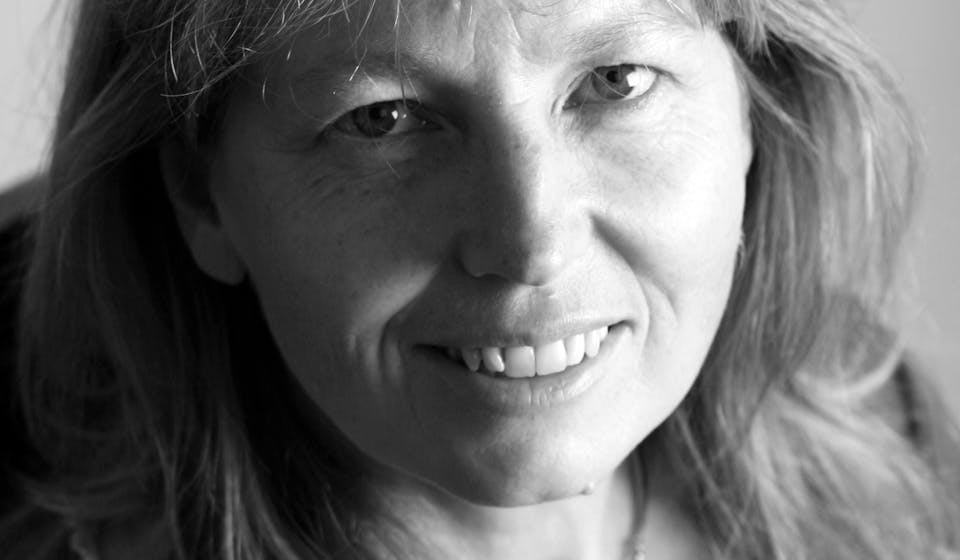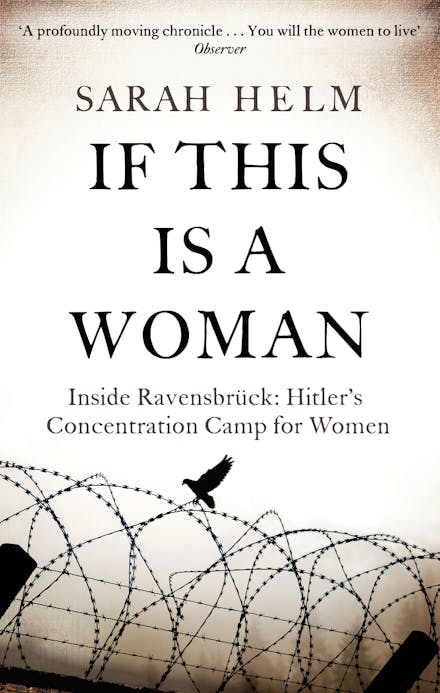Imprint
- Abacus
- Little, Brown
Prose: non-fiction, History, 20th century history: c 1900 to c 2000, The Holocaust
The compelling story of the only concentration camp for women by the acclaimed author of A Life in Secrets.
Winner of the Longman-History Today Book Prize: A 'profoundly moving chronicle' (Observer) that tells the story of Ravensbruck, the only concentration camp designed specifically for women, using new testimony from survivors
On a sunny morning in May 1939 a phalanx of 800 women - housewives, doctors, opera singers, politicians, prostitutes - were marched through the woods fifty miles north of Berlin, driven on past a shining lake, then herded through giant gates. Whipping and kicking them were scores of German women guards.
Their destination was Ravensbruck, a concentration camp designed specifically for women by Heinrich Himmler, prime architect of the Nazi genocide.
For decades the story of Ravensbruck was hidden behind the Iron Curtain and today is still little known. Using testimony unearthed since the end of the Cold War, and interviews with survivors who have never spoken before, Helm has ventured into the heart of the camp, demonstrating for the reader in riveting detail how easily and quickly the unthinkable horror evolved.
'It not only fills a gap in Holocaust history but it is an utterly compelling read' Taylor Downing, History Today
'A sense of urgency infuses this history, which comes just in time to gather the testimony of the camp's survivors . . . meticulous, unblinking . . . [Helm's] book comes not a moment too soon' The Economist
Praise for If This Is A Woman: Inside Ravensbruck: Hitler's Concentration Camp for Women
-
Compelling . . . [Helm] has painstakingly sought out many survivors and talked to them herself. The results are devastating . . .What one is left with at the end of this momentous book is a sense of the power of human nature, both for good and evil - Independent on Sunday
-
A profoundly moving chronicle - Observer
-
An epic feat of scholarly investigation - Spectator
-
Helm has done us all a great service in this compelling, magisterial volume . . . Read this book. Be appalled. Be moved. And be angry that so little action was taken to help, or to remember, until it was nearly too late. Read it, and weep - Jewish Chronicle



























.png?auto=compress&w=150&h=60&fit=crop&fm=jpg)
.png?auto=compress&w=150&h=60&fit=crop&fm=jpg)




